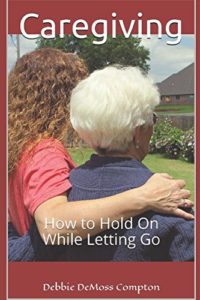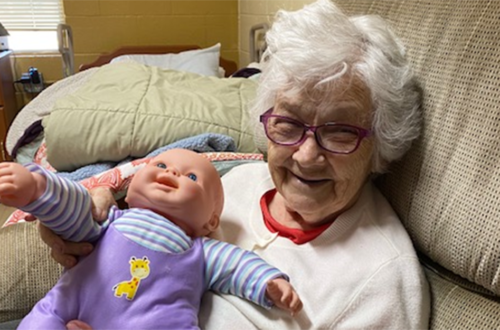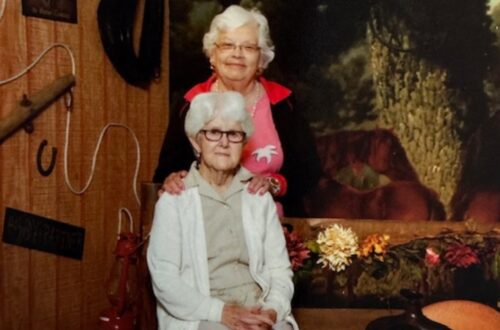
7 Stages of Alzheimer’s
What do you do when your mom hand washes your paper plates and tosses your good silverware in the trash? Seem hard to believe? Not if you are a caregiver for a loved one with some form of Dementia.
 Maybe you are at the beginning of this journey. Perhaps the doctor has just said those horrific words: Dementia, Alzheimer's, or Parkinson's Disease and you are still in shock. You may be wondering what treatments are available and what to expect. These diseases affect not only the person afflicted, but also those who are to become caregivers and their families.
Maybe you are at the beginning of this journey. Perhaps the doctor has just said those horrific words: Dementia, Alzheimer's, or Parkinson's Disease and you are still in shock. You may be wondering what treatments are available and what to expect. These diseases affect not only the person afflicted, but also those who are to become caregivers and their families.
What exactly is Dementia and how widespread is it?
The medical definition is a mental illness that causes someone to be unable to think clearly or to understand what is real and what is not real.
Under the Dementia umbrella, we find such diseases as Alzheimer's and Parkinson's as well as what is now believed to be hundreds of variations of Dementia. Alzheimer’s disease is officially listed as the sixth-leading cause of death in the United States.
It is the fifth-leading cause of death for those age 65 and older,
so you see my friend, you are not alone.

There are more than sixteen million caregivers providing care for Alzheimer’s patients. As the number of Alzheimer’s victims rises, so too will the number of caregivers and families affected.
There are three major groupings of Alzheimer's Disease and 7 Stages within them. The major groupings are Mild, Moderate, and Severe. Stages are generally divided as follows:
1) Early stages won't have noticeable symptoms.
The only way to detect it is with a PET scan. (It's an imaging test that shows how the brain is functioning.)
2) Very Mild changes are present that you or a doctor may not even notice.
Forgetting a word here or there or misplacing things may be a normal part of aging or early signs of the disease.
3) Mild Decline Symptoms include forgetting something she just read or asking the same question repeatedly.
Decisions become more difficult as does organization. They need help at this point. Someone will need to assist with paying bills, scheduling doctor visits, and filling prescriptions.

Deciding who will have Power of Attorney, (POA) needs to be done now. The responsibilities and POA can be divided among siblings, but legal papers need to be completed, notarized, and filed at the courthouse. There are free legal forms online, and many banks perform notary services for their members.
A joint checking account should be set up allowing the payment of bills or withdrawal of money on their behalf.
4) Moderate Decline Symptoms listed in stage 3 become more pronounced, and new symptoms appear.
She may forget details about herself and have trouble writing a check or using a debit card. She may not remember what month or season it is and thus, dress inappropriately. Cooking meals becomes too complicated and even ordering from a menu may prove too much. (I generally remind her what she likes at the particular restaurant and ask if she wants that again. If not, I offer what I am ordering to see if that sounds better. Choices should be limited as the entire menu is overwhelming.)
Driving is highly discouraged for their safety and that of others.
Keep a close watch for financial predators. (I had to change accounts more than once due to mom giving out the routing and checking account numbers over the phone to a scam artist.)
5) Moderately Severe Decline - What time it is or exactly where they are marks this stage.
She may have problems remembering her phone number or address. (We printed cards with that information as well as our contact name and phone that we placed in her purse and all coat pockets.)
We began hanging one matching outfit on a hanger. Pants under and shirt on top. This way she could still choose the shirt and the pants were already there. It helped her feel more in control and allowed a sense of independence.
If she repeats the same question, answer with an even, reassuring voice. She might be asking the question less to get an answer and more just to know you're there. Try to stay calm upon repeating the answer over and over.
Even if your loved one can't remember facts and details, she might still be able to tell a story. (Try to relax and enjoy it or record it because one day, this skill too, will be gone.)
6) Severe Decline - She might recognize faces but forget names. She might also mistake a person for someone else, for instance, thinking her husband is her father.
Delusions might set in, such as thinking she needs to go to work even though she no longer has a job, and you might need to help her go to the bathroom.
It might be hard to talk, but you can still connect with her through the senses. Many people with Alzheimer's love hearing music, being read to, or looking at old photos. (I made photo books for mom to keep and look through. Each picture has a label with the names of those pictured.)
7) Very Severe Decline - Many basic abilities in a person with Alzheimer's, such as eating, walking, and sitting up, fade during this period.
You can stay involved by feeding your loved one with soft, easy-to-swallow food, helping her use a spoon, and making sure she drinks. Drink reminders are important, as many people at this stage can no longer tell when they're thirsty.
Everything was new and scary on my first journey down the caregiver path. On my second occasion, I learned more, knew what to expect, and therefore, how to prevent some issues. Now that I find myself caregiving yet again,
I am focused on sharing the things I've learned, and the things we created, with other caregivers.
To help accomplish the sharing, I wrote a book titled
"Caregiving: How To Hold On While Letting Go"
that is selling on Amazon. It contains symptoms, situations, and solutions to the most common problems as well as inspiration, ideas, insight, and inventions we created to make life safer and easier. You can replicate them in your home. I hope you'll grab a copy and be blessed!
Debbie Compton



